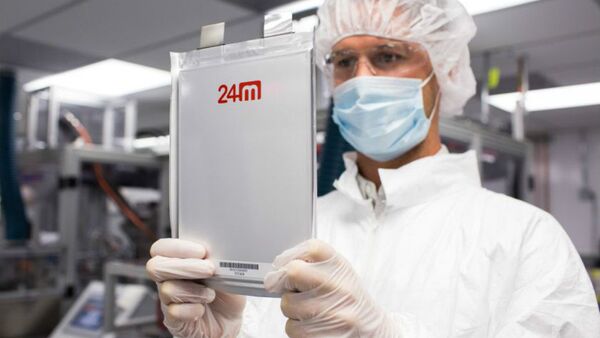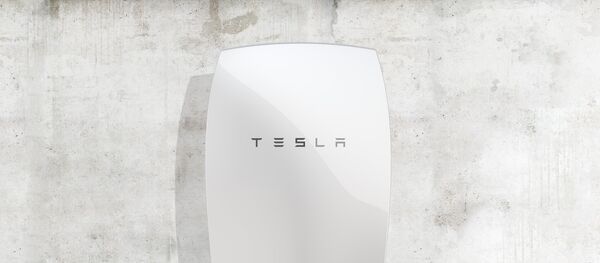On Monday, Massachusetts-based 24M announced a new battery design which reduces the cost of the battery by 50 percent, and improves efficiency by removing more than 80 percent of the 'inactive,' non-charge-storing materials in conventional lithium oil batteries.
"We’re reinventing the lithium ion battery," Dr. Yet-Ming Chiang, chief scientist and co-founder of 24M, and also a battery science professor at Massachusetts Institute of Technology [MIT], told the media in Boston on Monday.
"The cost of the product is too high, and the manufacturing process is too complex."
The company says it has built 10,000 prototypes of the battery and that they are currently being tested by customers. It aims to begin high-volume production in 2020, when it says its battery costs will be less than $100 a kilowatt-hour. It plans to sell grid-scale batteries first, before moving onto those suitable for use in electric vehicles.
The new design, according to 24M, can be produced using one fifth of the factory space and production time of traditional roll-to-roll processing. Instead, the battery uses semi-solid lithium ion to reduce the number of layers in the battery and enable greater electrode capacity, up to five times higher than the area capacity of standard Li-ion batteries.
"The demonstration of a semi-solid lithium-ion battery is a major breakthrough that shows that slurry-type active materials can be used for storing electrical energy,"
Professor Yury Gogotsi of Drexel University commented, adding that the advance "has tremendous importance for the future of energy production and storage."
Refueling the batteries may become as simple as refueling a car at a gas station, by pumping the electric slurry in and out of the battery, or by swapping out the battery's tanks. The new technology could also reduce the size and cost of the battery system to around half of current levels, an improvement which "could be the key to making electric vehicles fully competitive with conventional gas- or diesel-powered vehicles" said MIT in a statement.
Monday's announcement by 24M comes after Tesla's unveiling in late April of the Powerwall battery, also claiming to revolutionize energy storage. According to Tesla, its home battery charges using electricity generated from solar panels, or when utility rates are low, then powers the home in the evening while also offering protection against power outages.


